R.E
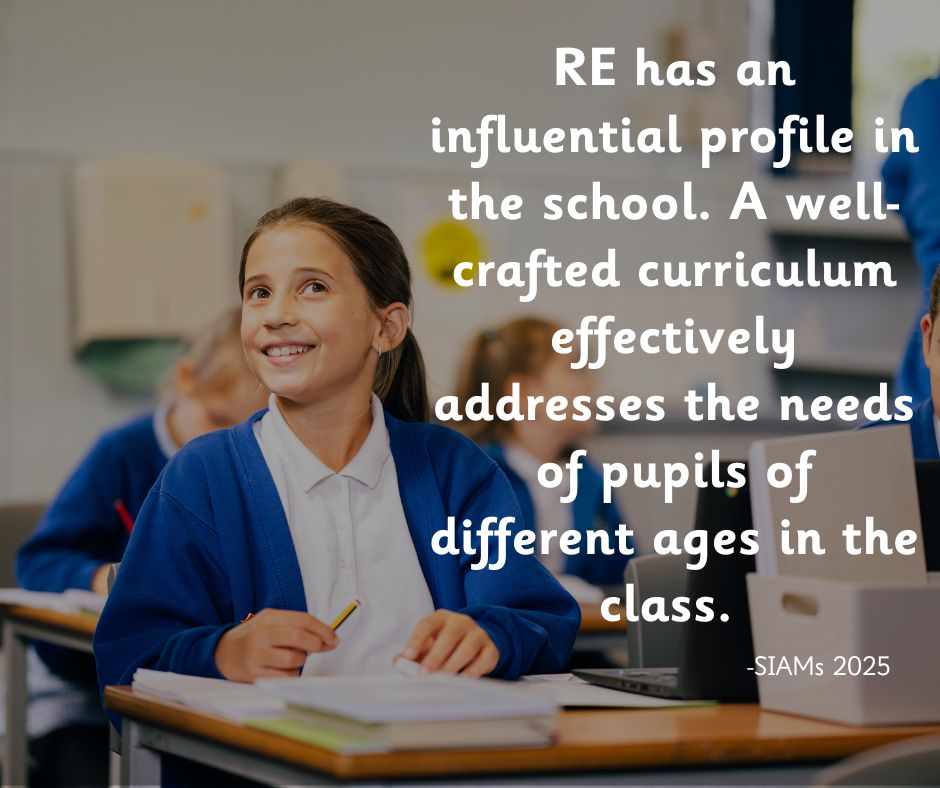
Intent
We believe that it is important for all our pupils to learn about and from religion, so that they can have a better understanding of the world they live in. The aim of Religious Education in our schools is to help children acquire and develop knowledge and understanding of Christianity and the other religions which are represented in Great Britain and throughout the world. This helps children recognise that religious practices differ from place to place and allows them to have a ‘world view’ of the different beliefs. We wish to foster an understanding for children of how religious beliefs shape people’s lives and behaviours and to develop the ability to make reasoned and informed judgements about religious and moral issues. This enhances their spiritual, moral, social and cultural development.
RE plays an important role, along with all other curriculum areas, particularly PSHE, in promoting social awareness, tolerance and understanding in our children. We encourage our pupils to ask questions about the world and to reflect on their own beliefs, values and experiences and those of their peers. We include and promote British values, ensuring that children are aware of their rights and responsibilities as UK citizens.
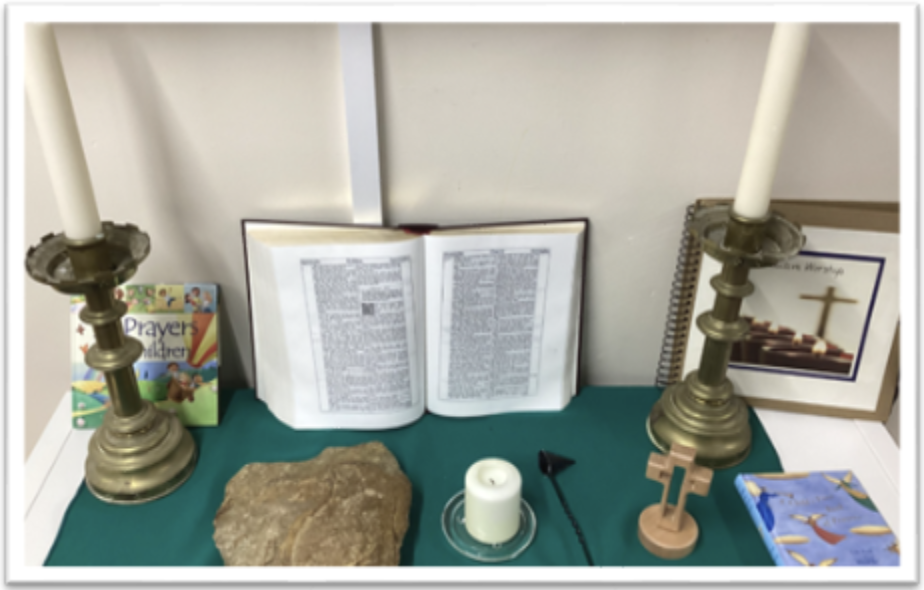
Implementation
Our RE Curriculum is based on Somerset AMV (Awareness, Mystery and Value) agreed syllabus for Somerset Schools, and teachers use materials from NATRE (National Association of Teachers of Religious Education) follow a rolling programme. Due to our mixed year group classes, we have created a two-year rolling programme for our curriculum to ensure that all areas are covered and that children experience all facets of the religious education programme. Every class has a dedicated RE lesson every week. At times, these incorporate other areas of the curriculum, such as PSHE and British Values, as they often go hand in hand.
At Lovington C of E Primary School, it is our intent that the design of our curriculum:
-
Ensures that the children participate and engage in a full, creative and ambitious curriculum.
-
That the curriculum is well constructed and well taught.
-
The curriculum inspires and motivates our young learners.
-
The curriculum recognises the children’s prior learning and builds on this during a lesson and overtime. The embedding of knowledge is strongly valued by the staff team and opportunities are used to over learn the lessons that are taught so that knowledge and skills are regularly developed.
-
Supports the children in remembering and recalling the long-term content of the curriculum, through the use of knowledge organisers, regular assessment and quick quizzes.
-
Promotes the skills of a good and active learner so that children become confident, resilient, curious and independent learners.
-
Encourages children to have a positive attitude to learning.
-
Teaches children about the modern world and how to be good citizens within this.
-
Supports the children’s spiritual development, mental health and well-being.
-
Provides first-hand learning experiences to inspire and engage children in new learning and encourages them to try new things.
-
Celebrates the uniqueness in every learner and celebrates both their personal and academic achievements in all subjects.
-
Strives to ensure that all learners reach their full potential in all subjects.
-
Ensures that all learners are given the cultural capital they need to succeed in life beyond Lovington Primary C of E Primary School.
At Lovington Church of England Primary School, the following religions are studied: Christianity, Islam, Judaism and Hinduism. Non-religious views must also be represented and therefore Humanism will also be covered at various points throughout the children’s time in school. In the Early Years Foundation Stage, the learning outcomes are referenced to Christianity and special times in Christianity and Hinduism.
There are no presumptions made as to the religious backgrounds and beliefs and values of the children and the staff. We value the religious background of all members of the school community and hope that this will encourage individuals to share their own experiences with others freely. All religions and their communities are treated with respect and sensitivity, and we value the links which are, and can be made between home, school, and a faith community.
We value the relationship we have with our local church and the community and we have regular acts of collective worship that are led by members of the church and community.
In order to strengthen skills and deepen the understanding and knowledge taught, we use the following skills: discussion, recall, retelling, exploration, empathy and investigation. We acknowledge that each religion studied can add to the broad education of all our pupils. We promote teaching in Religious Education that stresses open enquiry and first-hand experiences wherever possible for both staff and children.
During R.E. lessons, children are encouraged to reflect and discuss different elements of the Bible and the Word of God – For Example: Why is Good Friday referred to as good when Jesus died on this day? Was God right to allow Jesus to die? Should Jesus have forgiven Judas for betraying him? etc. This allows the children to explore Christianity at a deeper level and really question the strength of their faith.
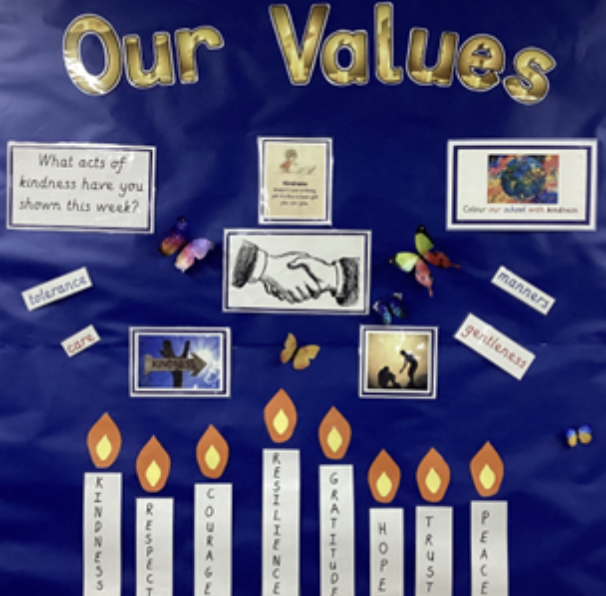
Impact of RE at Lovington C of E Primary School
The children at Lovington Primary demonstrate an interest in learning about other religions. We seek to ensure that all pupils in our schools are educated in a broad and balanced way, to develop spiritually, academically, emotionally and morally, to enable them to better understand themselves and others and to cope with the opportunities, challenges and responsibilities of living in a rapidly changing, multicultural world. Through their Religious Education learning, children are able to make links between their own lives and those of others in their community and in the wider world, developing an understanding of other people’s cultures and ways of life.

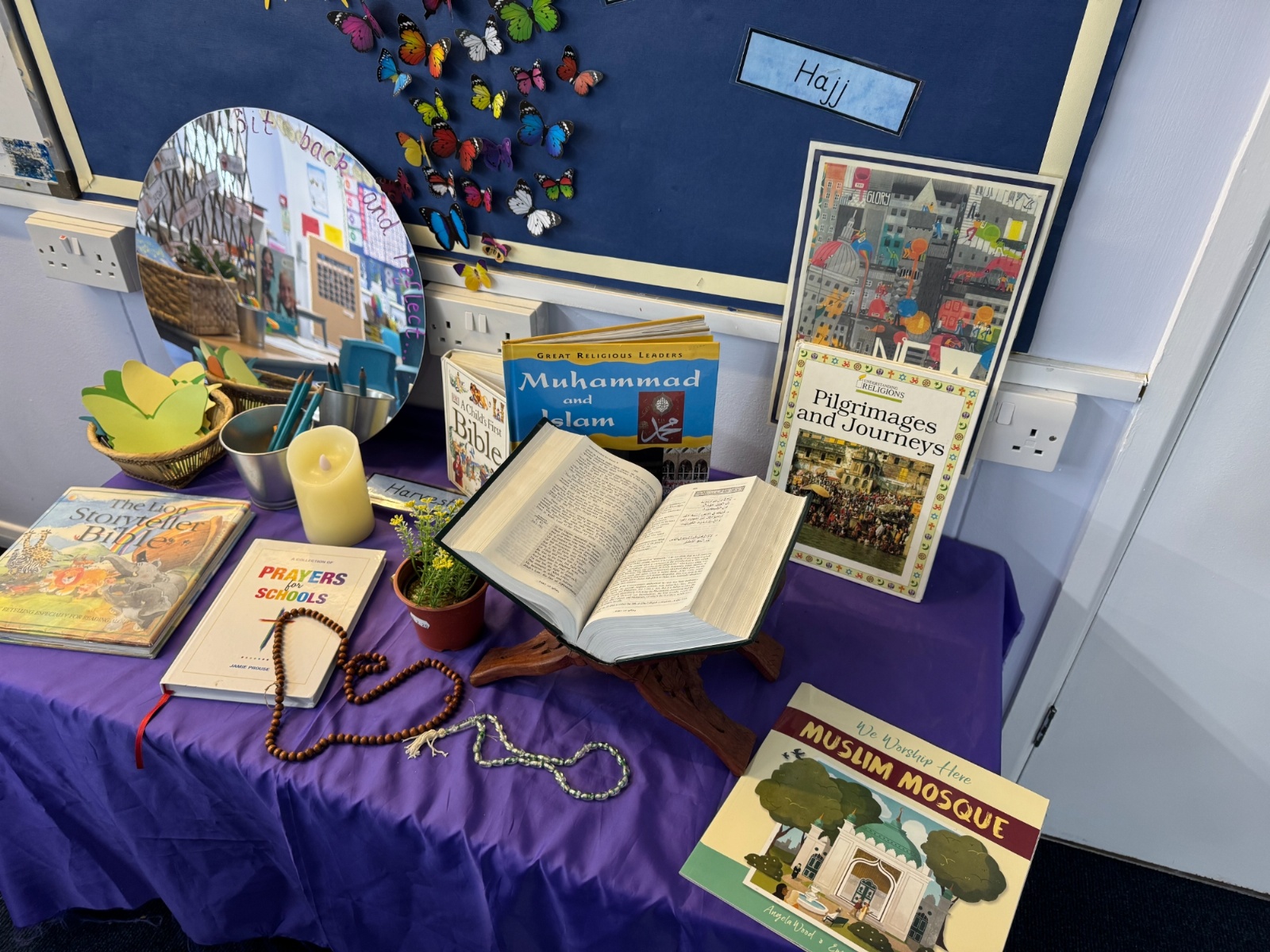
.png)
.jpeg)
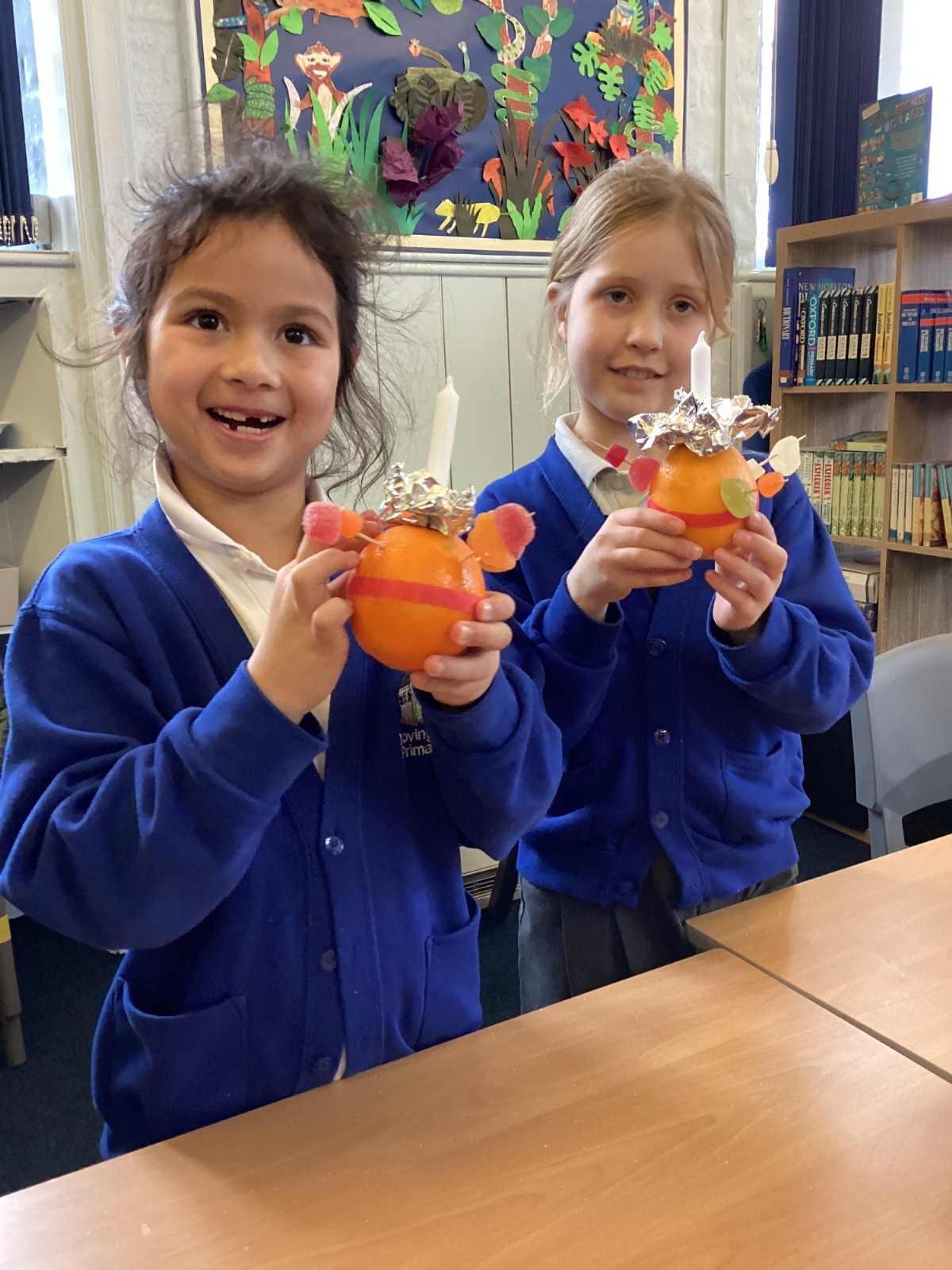
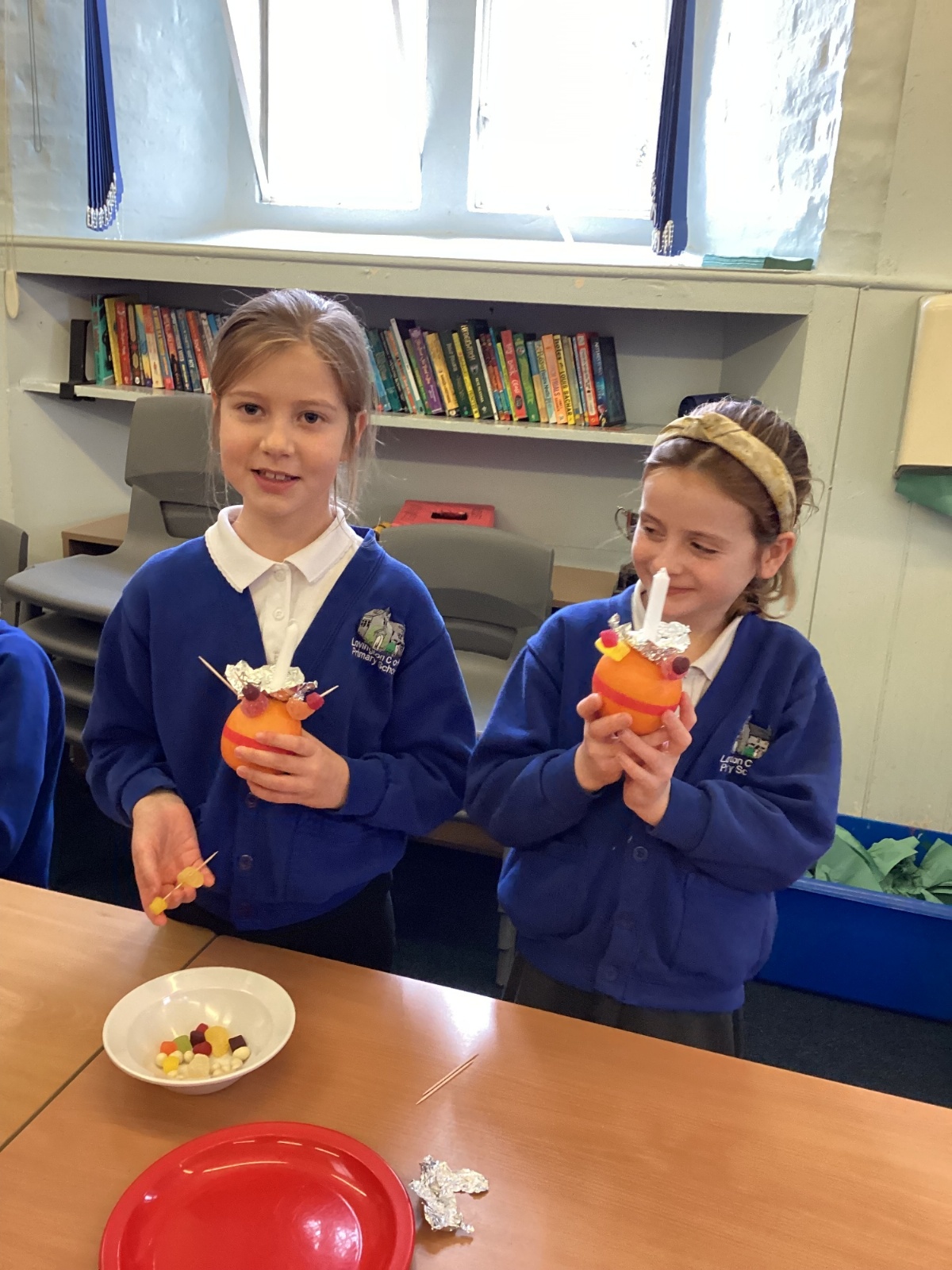
.jpeg)
.jpeg)
.jpg)
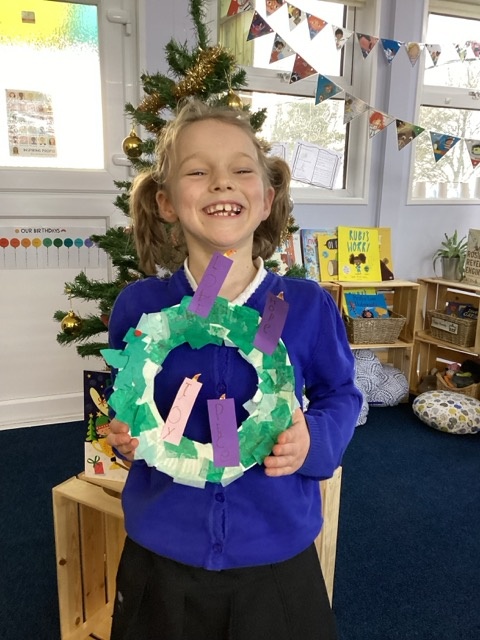
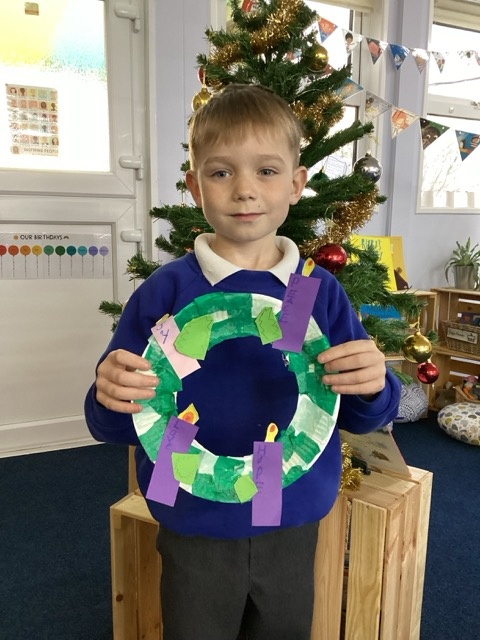
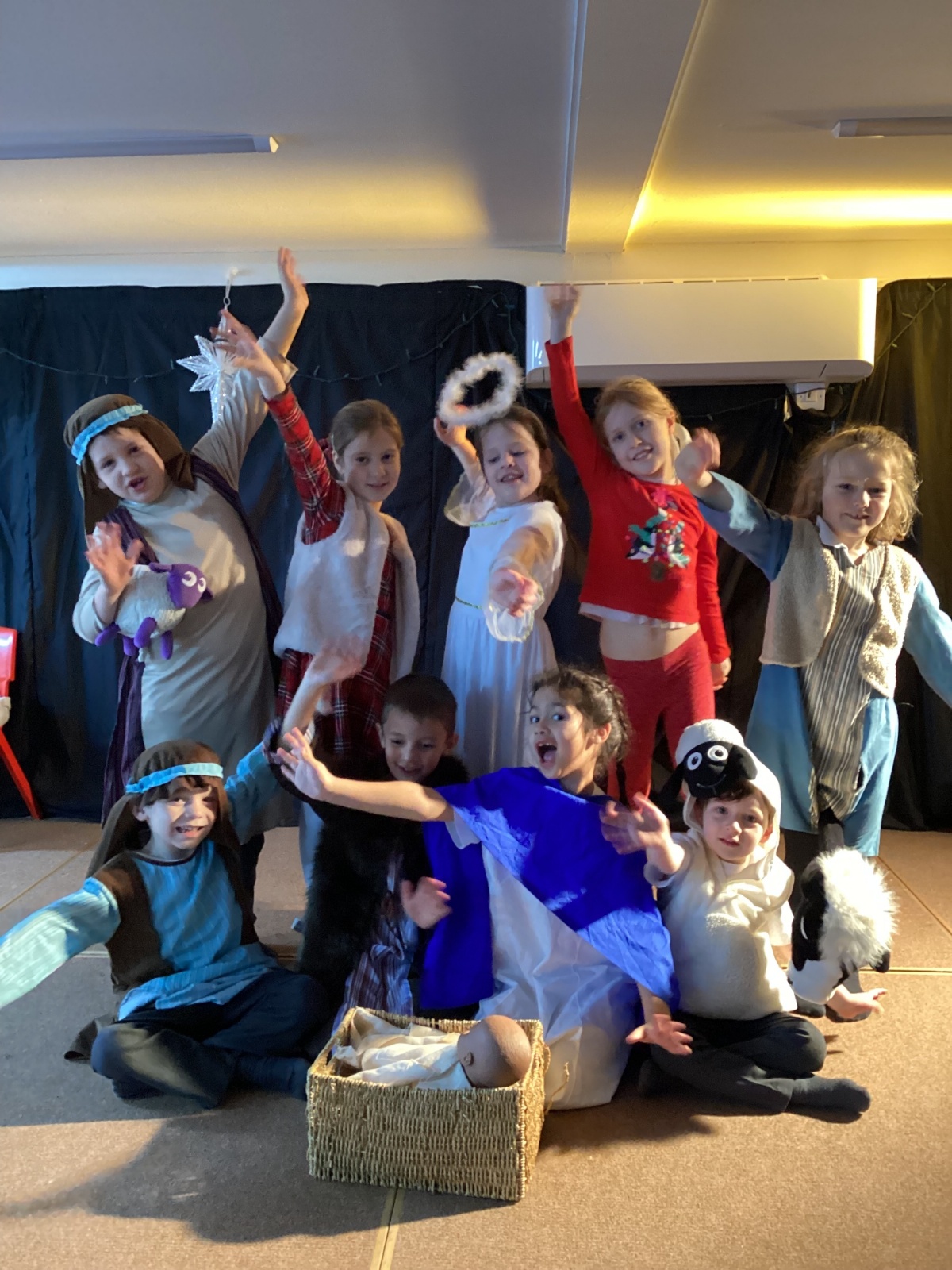
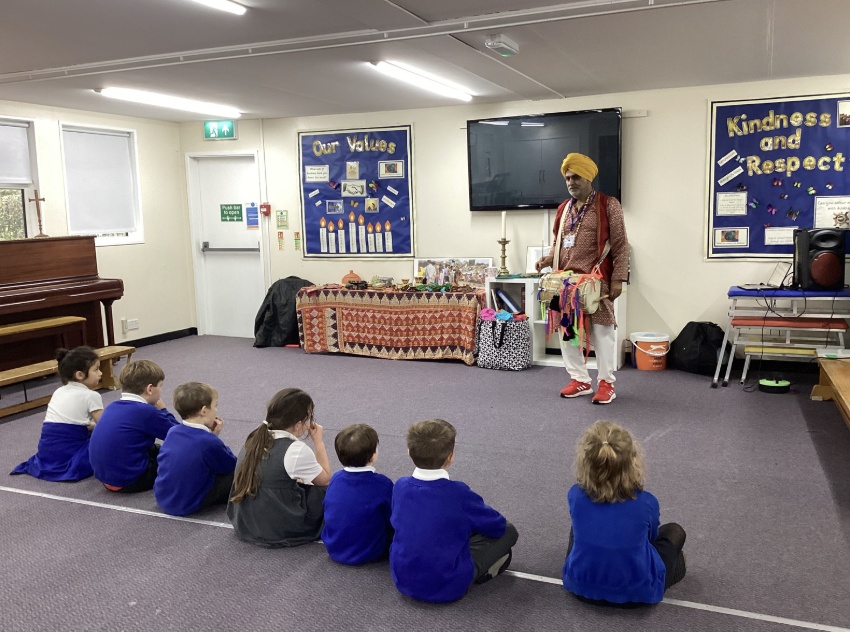
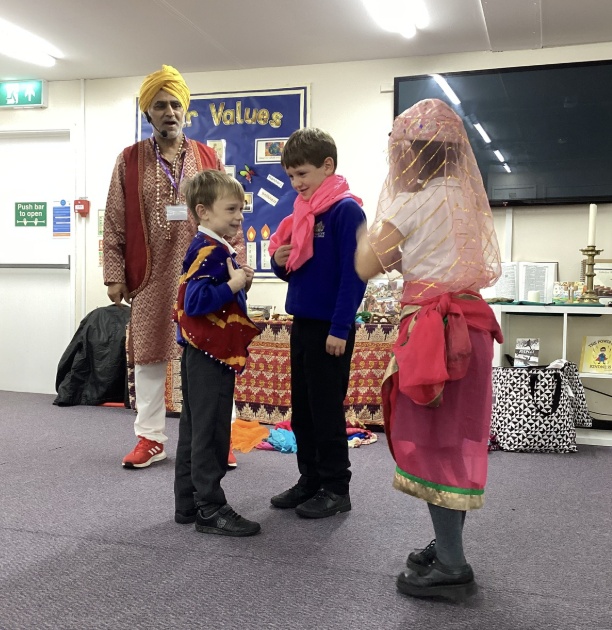
.jpeg)
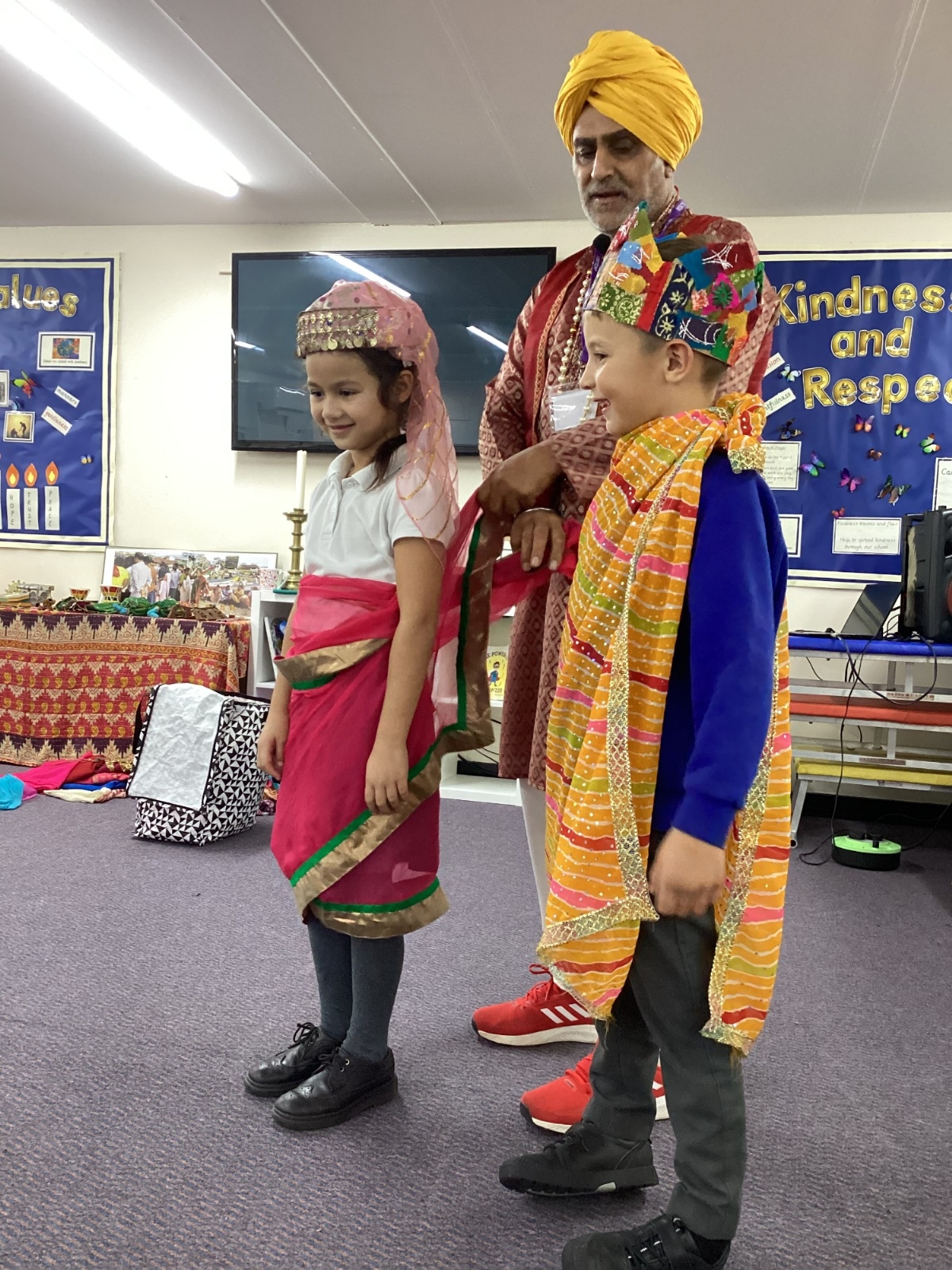
.jpeg)
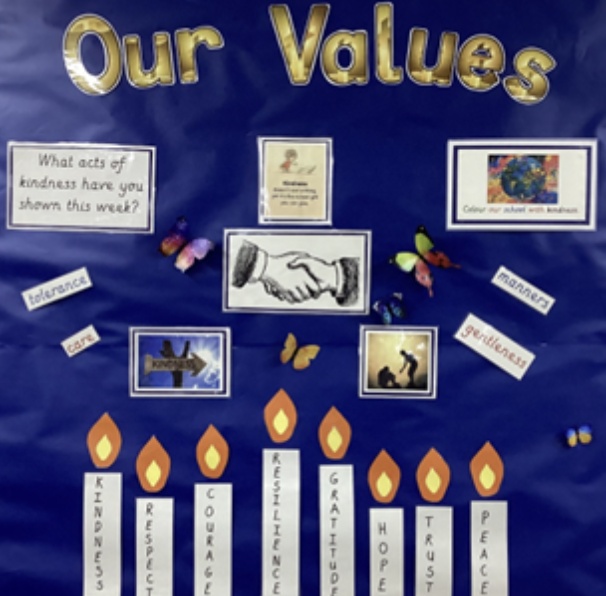
.jpeg)